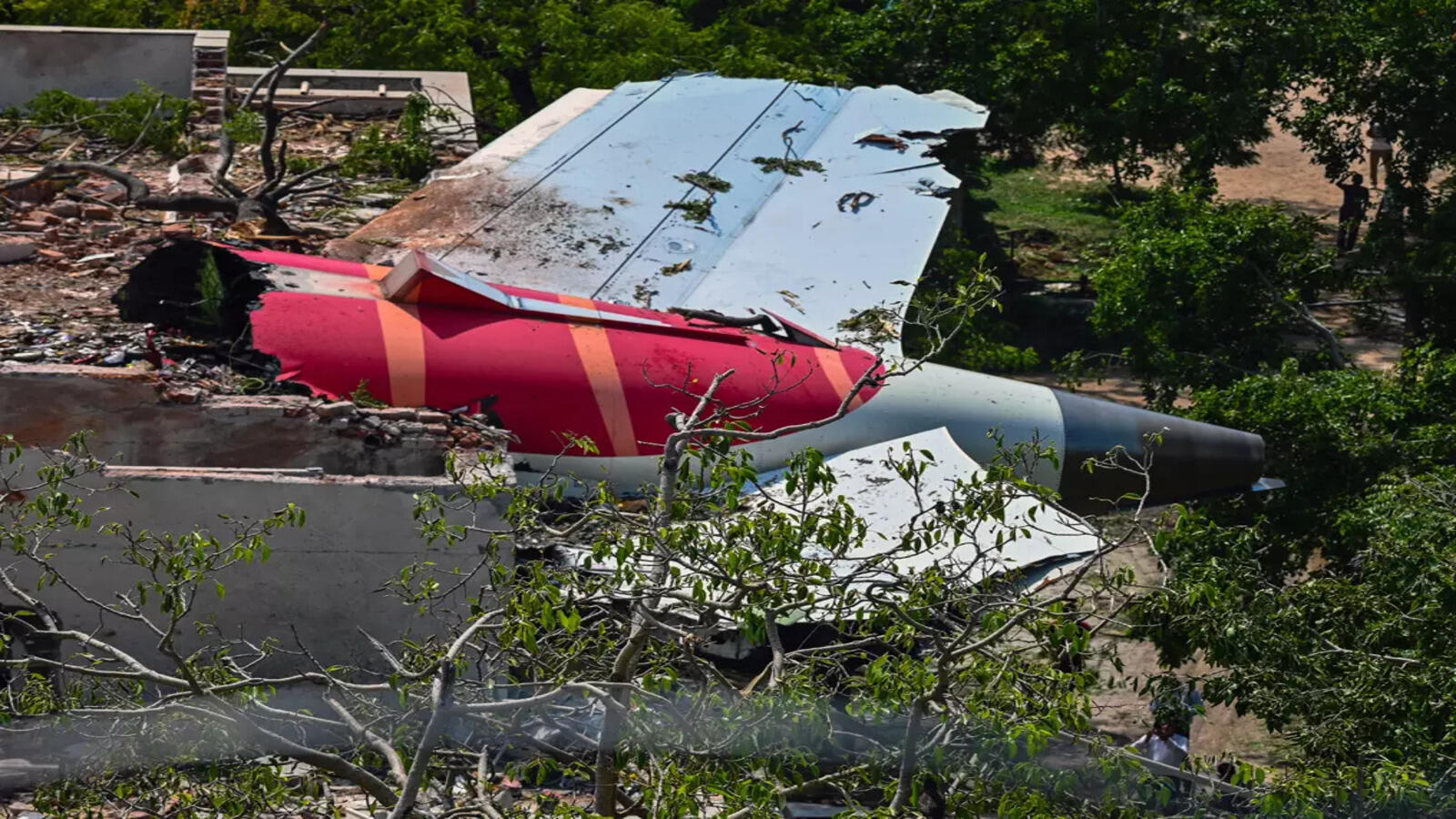Subtitle:
Investigation uncovers last-minute efforts by pilots and technical missteps during tragic descent
Content:
The official report into the recent Air India crash has shed light on crucial technical failures and the final actions taken by the flight crew, revealing that issues related to fuel management — particularly the aircraft’s fuel switches — played a pivotal role in the tragic incident.
According to the findings, the pilots were engaged in intense discussions about fuel flow irregularities moments before the aircraft began its uncontrolled descent. Cockpit recordings indicate a rising sense of urgency as the crew struggled to manage the situation, with repeated references to “fuel imbalance” and “switch override” procedures in their final moments.
The report suggests that improper handling or delayed switching of fuel tanks may have caused one engine to lose thrust, severely compromising the plane’s stability during approach. Investigators noted that standard protocols involving fuel management were either skipped or performed too late to correct the developing imbalance.
While mechanical failure hasn’t been ruled out entirely, the emphasis on human factors — including workload pressure and cockpit decision-making — is likely to drive renewed focus on pilot training and in-flight resource management.
Aviation safety experts now stress the need for more robust systems that can alert pilots earlier about critical fuel configuration errors. The airline, in response to the report, is said to be reviewing its procedures and initiating additional simulator training focused on emergency fuel handling.
As families mourn the loss of lives in the crash, the report stands as a sobering reminder of the razor-thin margin for error in modern aviation — and the importance of precision under pressure.

